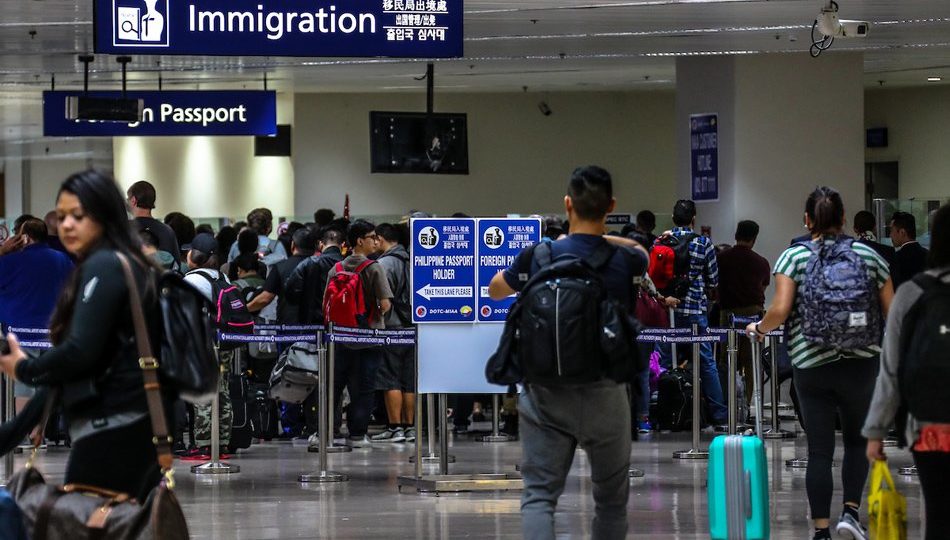Manila’s Justice Department yesterday released new immigration rules prohibiting the conversion of visas upon arrival (VUA) issued to Chinese tourists into work or resident visas.
What’s more, VUAs can no longer be extended beyond 30 days, according to Justice Undersecretary Markk Perete. The move, he said, was to ensure that Chinese tourists did not overstay their visas in the Philippines.
“We want to make sure that the visa-upon-arrival facility will not be abused,” Perete told The Philippine Daily Inquirer. “We just put in more restrictions because of the complaints that many are using that facility to obtain employment in the Philippines.”
In addition to the new rules, Chinese tourists will be expected to show round-trip tickets, as well as proof of accommodation, in order to obtain a VUA.
“If they’re coming in as tourists, they must have booked accommodations for every stop in their itinerary. The tour operator must be, of course, accredited, and the tour operator must provide all the details where they will be staying, [or show] proof of accommodations,” Perete told Rappler.
It was in 2017 when then-Justice Secretary Vitaliano Aguirre first allowed VUAs to be issued to Chinese tourists in an effort to boost investment and tourism. Initially, the 30-day VUAs could be extended to up to six months, and could also be converted into work visas.
The Philippine government announced the newly amended the rules after National Security Adviser Hermogenes Esperon expressed vague concerns last year over the presence of thousands of Chinese nationals in key cities in the country, and even labeled them “a threat,” saying their “intent” in immigrating was “unclear.”
Chinese workers have been moving to the Philippines in droves to work in Philippine offshore gaming companies, or POGOs, which largely serve a Chinese clientele. POGOs have become easy targets for criticism in recent months, with some being called out for tax evasion, and at least one official accusing them of being magnets for crime.
The increasing presence of Chinese nationals in the country — both as workers and as tourists, many of whom come to visit the many casinos that have sprung up around Parañaque City — has also led to kidnapping cases in which Chinese nationals have been abducted by loan sharks over unpaid gambling debts. Authorities have also uncovered several prostitution dens where Chinese women were said to be offering their services to their male compatriots.
At the same time, criticisms of the country’s POGO industry would appear to be at odds with President Rodrigo Duterte’s generally pro-China stance, which has seen him announce an economic and military split from the United States, a longtime treaty ally, in order to align himself ideologically with China.
Some critics have assailed the pivot, especially because Duterte has consistently refused to enforce a 2016 international court ruling which invalidated China’s claim over the West Philippine Sea.




